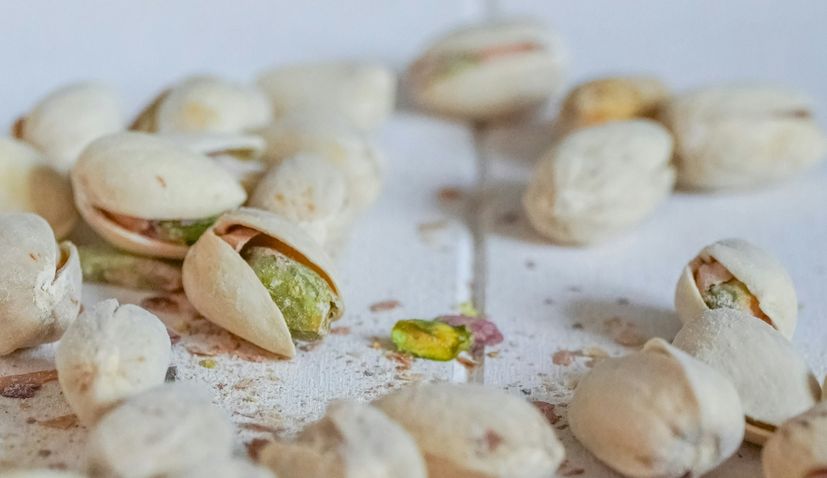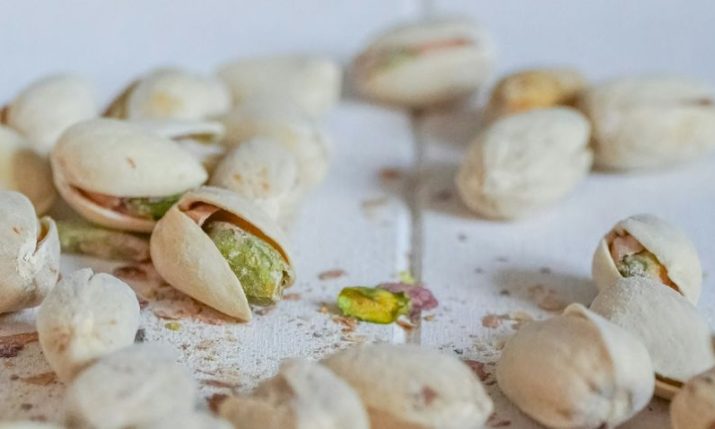by croatiaweek
October 12, 2025
in

Dalmatia welcomes its first pistachio orchards
The first pistachio orchards have been planted in Dalmatia as part of a wider move towards sustainable agriculture in Croatia.
The milestone was announced during an international conference in Trilj, which gathered scientists and agricultural experts from 20 countries to discuss eco-friendly farming, non-chemical weed control, and alignment with the European Green Deal.
On 50 hectares of state-owned land in Ugljani near Trilj, 18,000 almond and 12,000 pistachio trees have been planted, alongside vineyards and wild asparagus, HRT reported.
The first significant yields are expected within three to five years.
“This project benefits not only consumers of organic produce but also the environment,” said agricultural consultant Juraj Ivanković. “No pesticides or herbicides are used, all work is done mechanically, and processing energy comes from renewable systems.”
Trilj Mayor Ivan Bugarin highlighted the region’s strong agricultural potential and favourable climate, noting that initiatives like these strengthen the local economy.
Jelena Ružić, head of CEKOM 3LJ, emphasised the importance of linking academia with producers. “Without science, progress is difficult. Education and the application of research are essential for sustainable growth,” she said.

New chapter for sustainable farming
Experts also warned that climate change and market pressures are making traditional farming increasingly difficult. “We must combine knowledge and energy to turn research into practice,” added Dr Amra Bratovčić from the University of Tuzla.
Assoc. Prof. Mario Bjeliš, Dean of the Agro-Mediterranean Faculty in Split, reminded that the EU’s Green Deal requires a significant reduction in chemical plant protection products by 2030.
The project brings together partners from 20 nations researching non-chemical weed control for medicinal and aromatic crops. “Organic agriculture is our future,” said Dr Juliana Navarro Rocha from Spain.
Croatia’s State Secretary Tugomir Majdak confirmed that the new agricultural strategy, running to 2027, aims for 25% of production to be organic. While goals are ambitious, experts agree that with a clear vision and sustainable practices, they are within reach.
